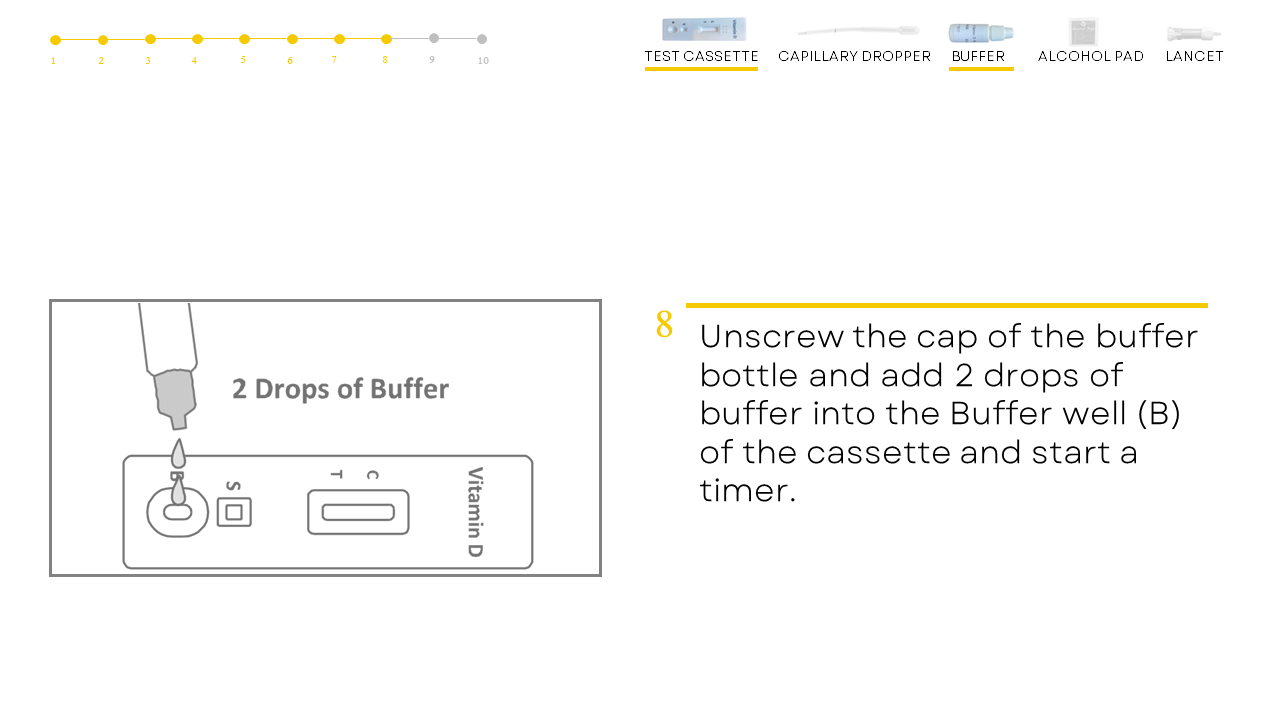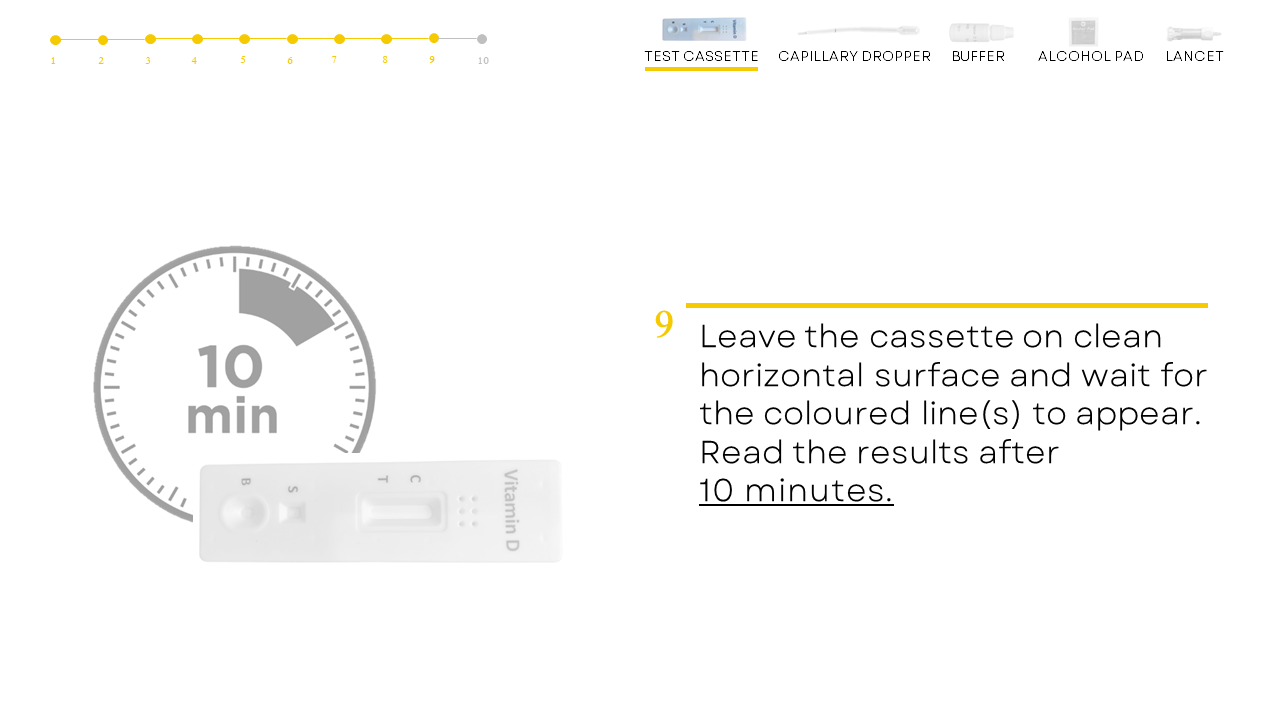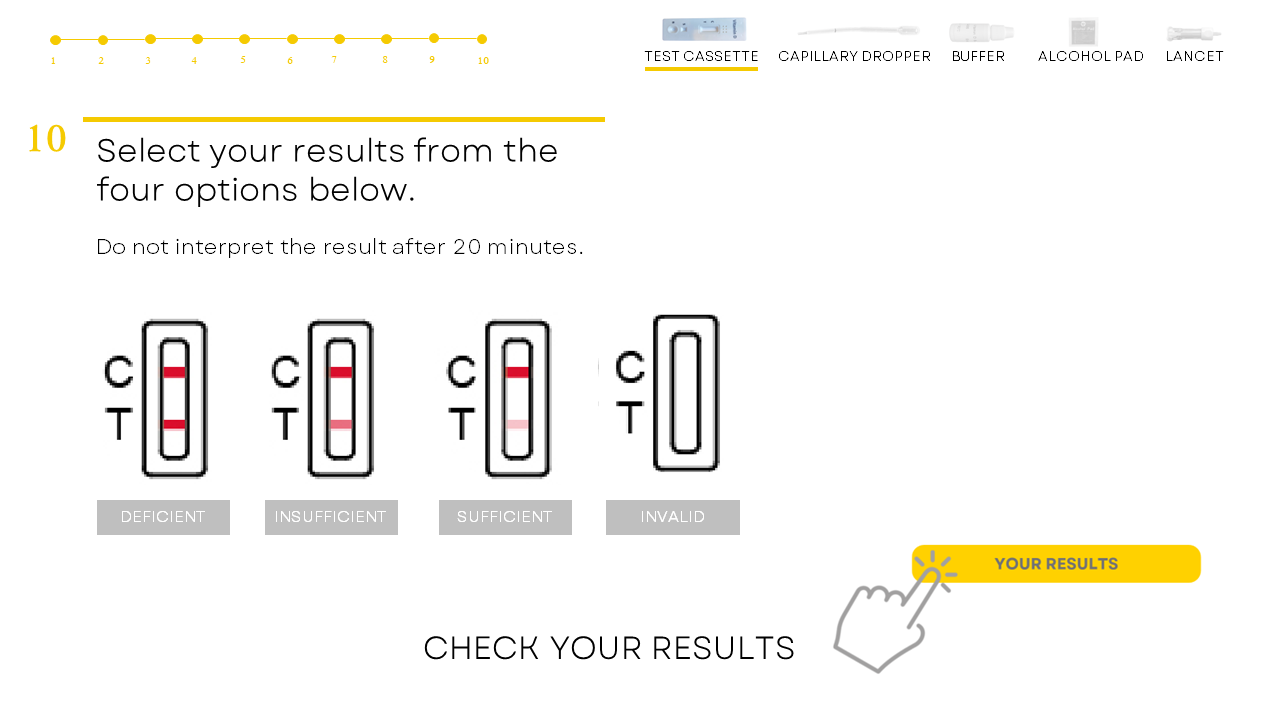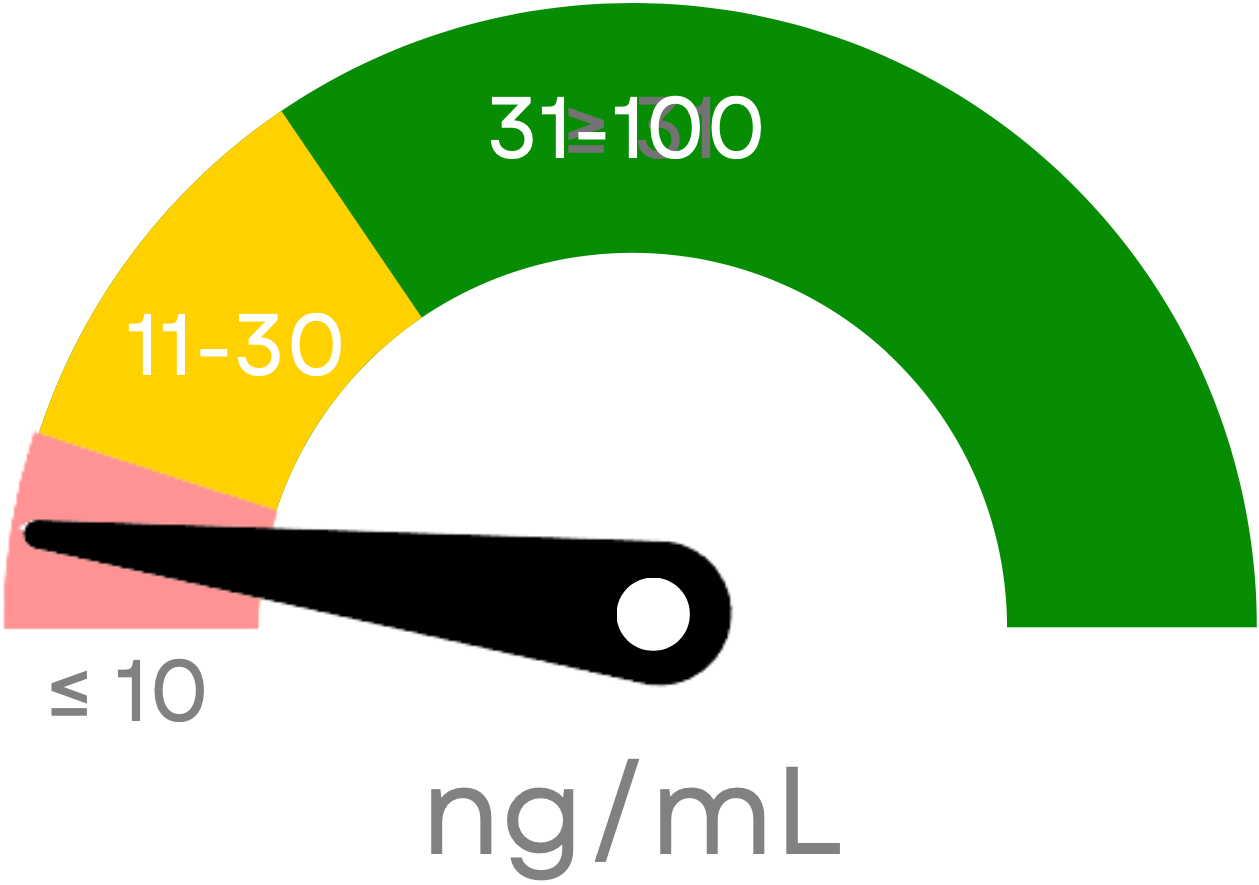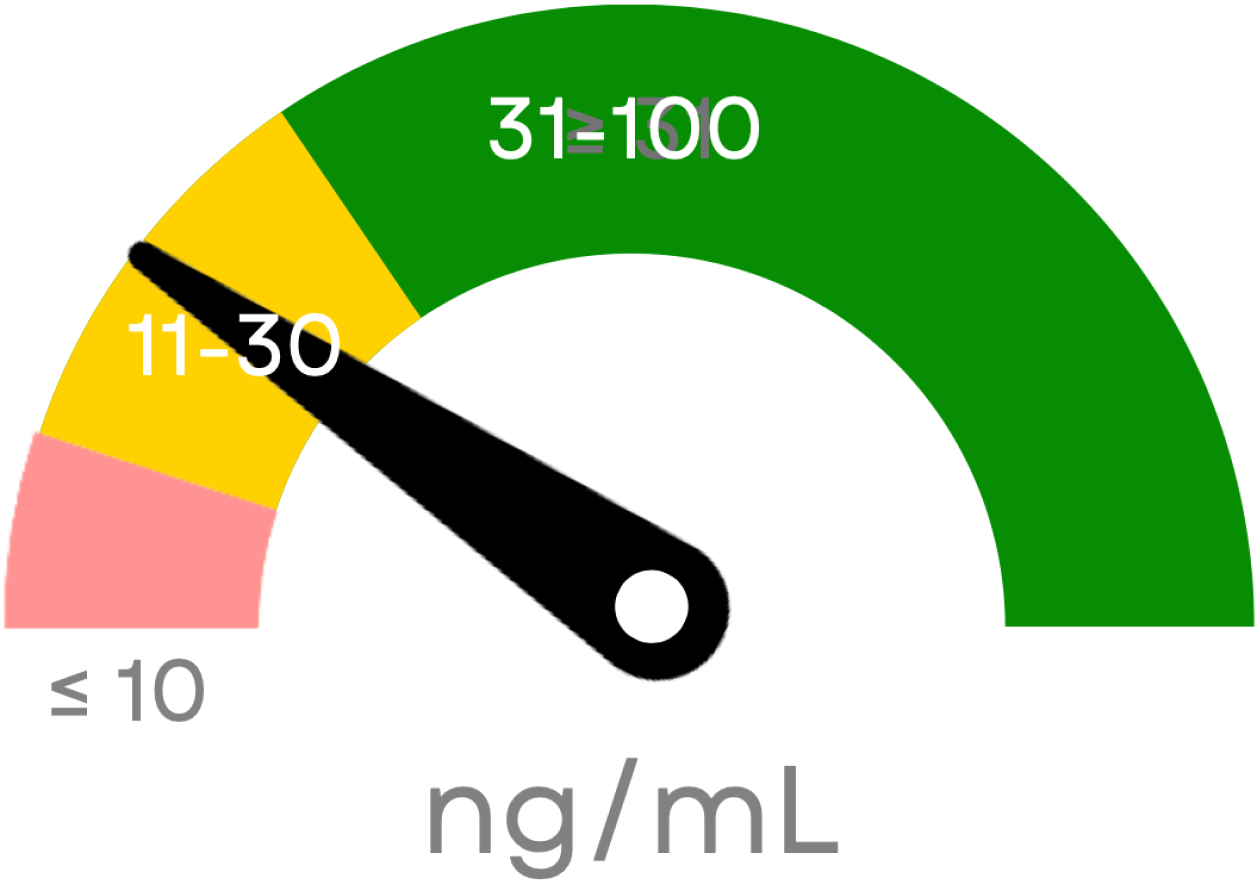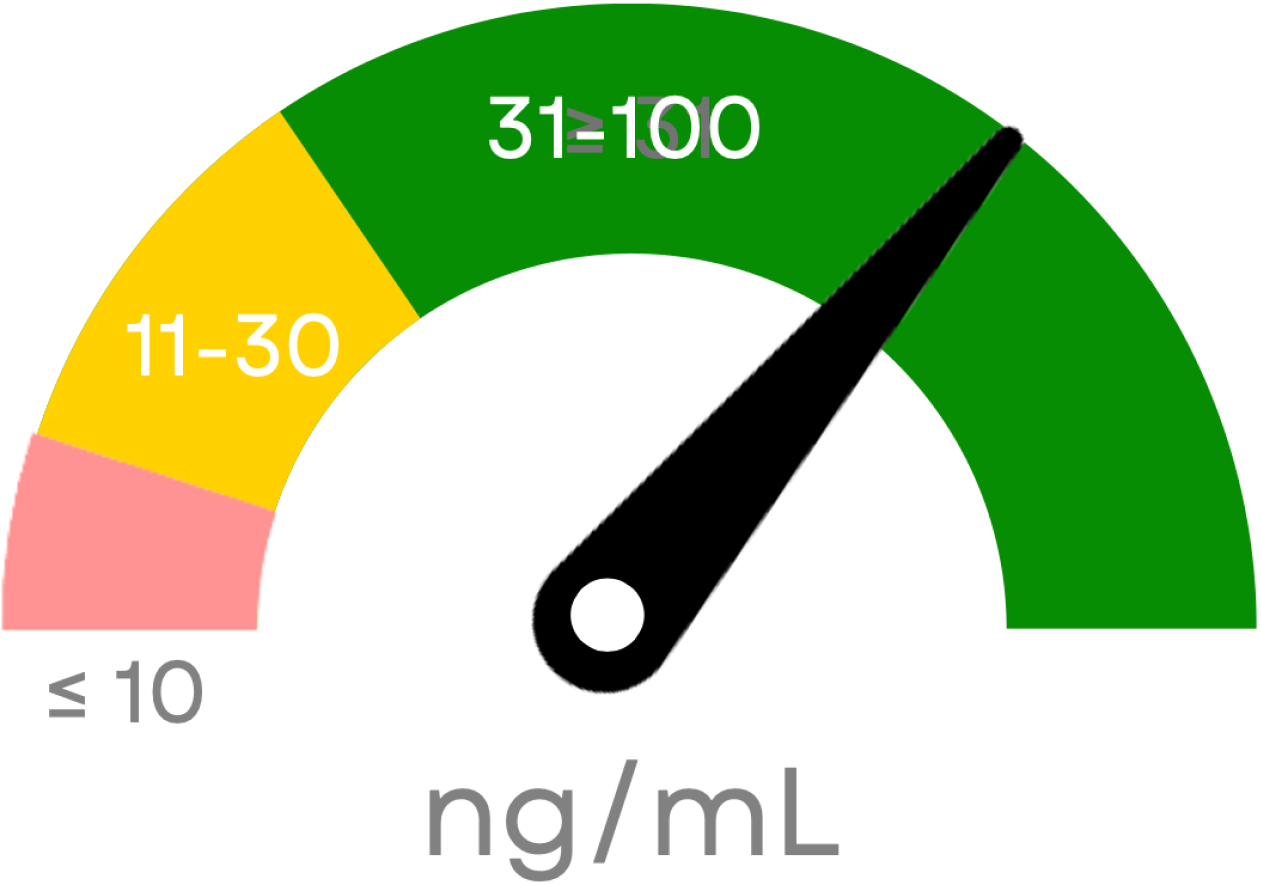Test Overview
Symptoms
- weakness
- early fatigue or tiredness
- muscle aches and pains
- bone pain or fracturing bones without much force
A lot of people with vitamin D deficiency will not have any symptoms.
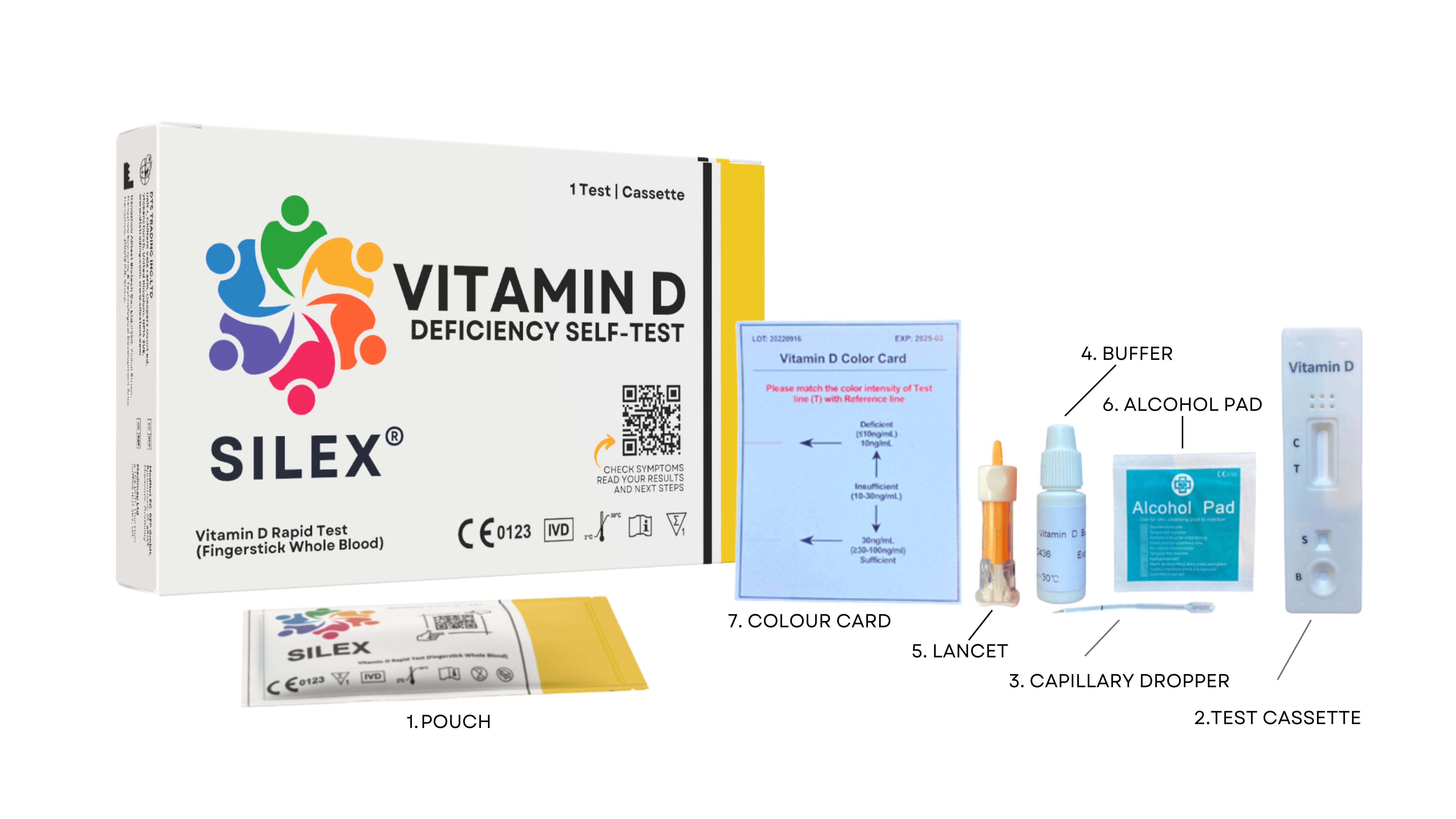

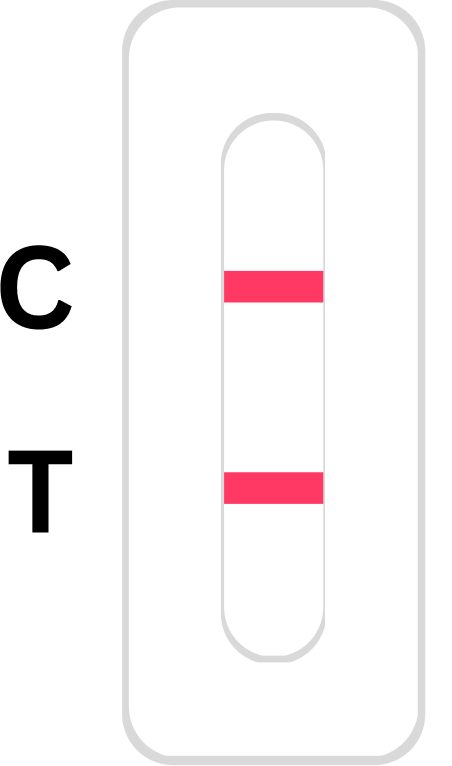
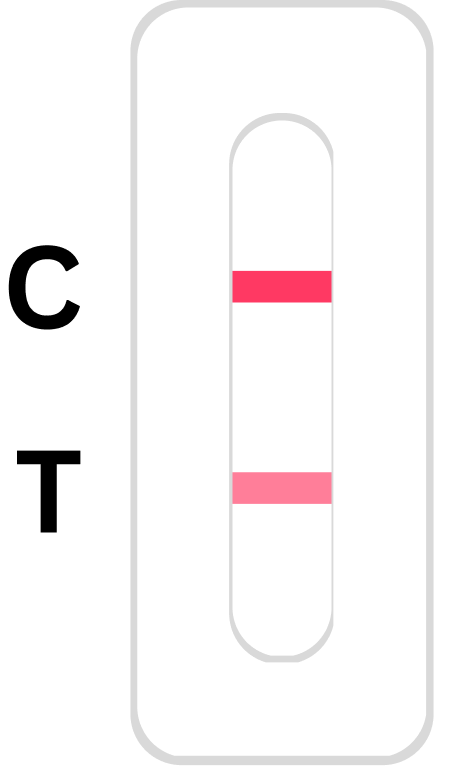
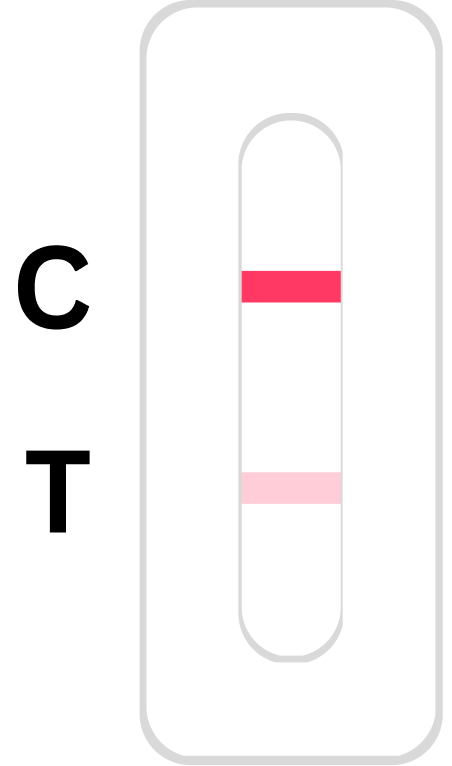

FAQs
- Tiredness
- Feeling generally unwell
- Bone pain
- Muscle aches
- Joint pain
- Low mood
- Over 65 year olds
- Those with low exposure to the sun. This may be due to due to cultural reasons, those who are housebound, or those who are confined to the indoors for long periods
- Those with darker skin pigmentation
- Those who have had certain types of abdominal surgery which makes them less able to absorb vitamin D.
- Those with severe liver or kidney disease
- Women who are pregnant or breastfeeding
- Those who have a body mass index (BMI) greater than 30 kg/m2










